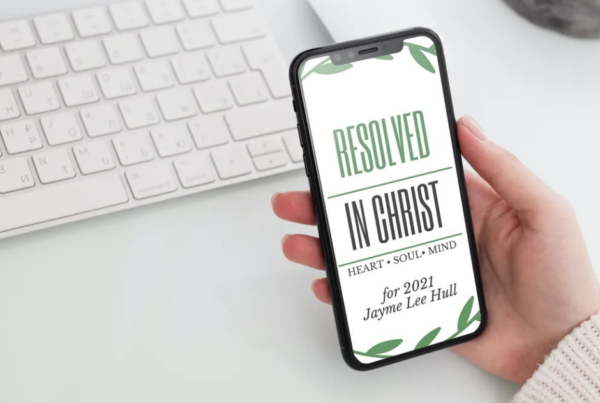Martha of Bethany had a servant’s heart. She welcomed Jesus and his disciples into her home on many occasions. She’s often mislabeled a whiner because she complained about her sister Mary in Luke 10:38-42. Rather than focusing on Martha’s bad day—we all have them, right?—let’s concentrate on another day, involving a much more critical situation than Mary’s lack of help in the kitchen.
In John 11, the sisters’ brother Lazarus is seriously ill, so they send for Jesus. But Lazarus dies before Jesus arrives. Several days later, when Martha hears Jesus is near, she leaves a house full of people to go to Him. That’s progress for Martha—putting conversation with Jesus above the demands of hospitality.
When she says, “Lord, if you had been here, my brother would not have died,” she’s seeking understanding and comfort from the One she loves. Her faith is strong: “But I know that even now God will give you whatever you ask” (v. 22 NIV).
Martha’s faith shines in verse 24 too: “I know [Lazarus] will rise again in the resurrection at the last day.” But the statement suggests a wistful longing as well. She seems to be saying, “I see the future hope and joy, Lord, but what about today?” Haven’t we all been stuck in that emotional quicksand? “Don’t dangle the future in front of me, Lord, not when the present is strangling me.”
Jesus then redirects Martha’s focus: “I am the resurrection and the life” (v. 25), which means, “Focus on me, Martha, not the circumstances.”
More comforting than the fact of Lazarus’ future resurrection was the revelation of Who Jesus is—the One who not only had power over life and death, but also the One who is life now. “I am life, Martha. Right now. Let Me pour that life into you.”
Martha’s refocused response to Jesus is this: “I believe that you are the Messiah, the Son of God.” Warren Wiersbe says that the tense of the verb believe in the verse indicates “a fixed and settled faith.”[i] Martha’s saying, “I have believed, I believe now, and I will continue to believe—no matter what.”

That declaration of faith produces a spiritual aha moment. The real issue for Martha wasn’t believing Jesus could heal Lazarus or should have healed him. No, Martha needed to believe in Jesus—the all-sufficient, all-powerful Son of God who’s working on our behalf for our eternal good and His eternal glory no matter what things look like from an earthly perspective. I think Martha went back home in peace, full of confidence in her Savior.
A deeper understanding of who God is—that’s what we truly need too. If we’re constantly asking for a What, we’ll miss the Who. And it’s the Who and our relationship with Him that quiets our questions and dissolves our demands. [easy-tweet tweet=”When we stop seeking specific answers and relax in the knowledge that God knows what He’s doing, peace comes.” user=”@JaymeHull” hashtags=”#believe”]
He’s a good God. We can trust Him.
At Lazarus’s burial site, Jesus says to Martha, “Did I not tell you that if you believe, you will see the glory of God?” (v. 40). She believed. And she witnessed a miracle. If we believe in Him, we too will see His glory revealed in ways we never imagined.
Do we believe?
Take the Next Step: Read John 11:1-45 and Ephesians 3:20. What keeps you from trusting God to do “immeasurably more” than you can imagine? Ask Him to give you a Martha-strong faith.
For more inspiration and encouragement visit Denise Loock at http://www.digdeeperdevotions.com
[i] Warren Wiersbe, The Wiersbe Bible Commentary: New Testament, (Colorado Springs: David C. Cook, 2007), 269.






